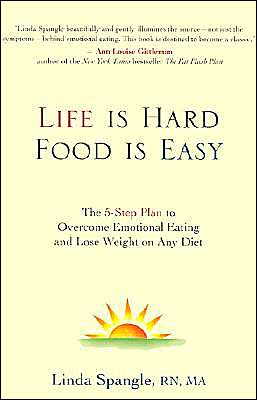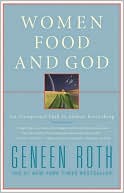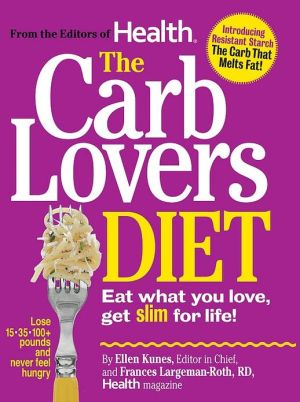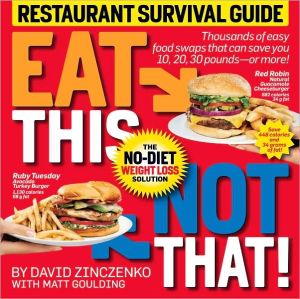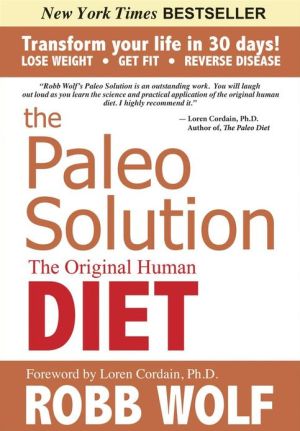Life Is Hard, Food Is Easy: The 5-Step Plan to Overcome Emotional Eating and Lose Weight on Any Diet
This book reveals how you can cope with your feelings of frustration, boredom, or loneliness, and offers a unique step-by-step program to stop your emotions from interfering with your eating habits.
Search in google:
This book reveals how you can cope with your feelings of frustration, boredom, or loneliness, and offers a unique step-by-step program to stop your emotions from interfering with your eating habits. Publishers Weekly The traditional emphasis on diet and exercise fails to address the underlying psychological causes of overeating, argues this engaging self-help book. Instead of eating to satisfy physical hunger, we indulge in "emotional eating" to make up for low self-esteem, to distract ourselves from unpleasant moods (anger and frustration make us crave crunchy, chewy foods, while loneliness and depression demand creamy comfort foods) or to act out and defuse suppressed feelings. Spangle, a registered nurse and weight-loss counselor, recommends a number of techniques, including writing projects, hugging exercises and positive-thinking mantras to help overeaters unearth and deal with their food-related emotions, and gives practical advice on sticking to weight-loss regimens. She writes insightfully of the ways people interact emotionally with food, and includes first-person confessionals from her clients; by turns poignant ("[eating] helps me stop thinking about how much I hate my life" says one lost soul) and lascivious ("I pull out a stack of curved golden morsels" writes a woman on a Pringles binge, who finds the munching sounds "soothing, like water lapping softly on the beach"), these attest to food's psychic power. But her tips are sometimes silly ("Pound on your pillow until your arms are too tired to lift food to your mouth") and her five-step-plan to combat cravings (which, with some practice, you can "flash through" in "less than a minute") can seem inadequate to deal with the emotional traumas she feels are at the root of obesity. (Jan.) Copyright 2003 Cahners Business Information.
\ Publishers WeeklyThe traditional emphasis on diet and exercise fails to address the underlying psychological causes of overeating, argues this engaging self-help book. Instead of eating to satisfy physical hunger, we indulge in "emotional eating" to make up for low self-esteem, to distract ourselves from unpleasant moods (anger and frustration make us crave crunchy, chewy foods, while loneliness and depression demand creamy comfort foods) or to act out and defuse suppressed feelings. Spangle, a registered nurse and weight-loss counselor, recommends a number of techniques, including writing projects, hugging exercises and positive-thinking mantras to help overeaters unearth and deal with their food-related emotions, and gives practical advice on sticking to weight-loss regimens. She writes insightfully of the ways people interact emotionally with food, and includes first-person confessionals from her clients; by turns poignant ("[eating] helps me stop thinking about how much I hate my life" says one lost soul) and lascivious ("I pull out a stack of curved golden morsels" writes a woman on a Pringles binge, who finds the munching sounds "soothing, like water lapping softly on the beach"), these attest to food's psychic power. But her tips are sometimes silly ("Pound on your pillow until your arms are too tired to lift food to your mouth") and her five-step-plan to combat cravings (which, with some practice, you can "flash through" in "less than a minute") can seem inadequate to deal with the emotional traumas she feels are at the root of obesity. (Jan.) Copyright 2003 Cahners Business Information.\ \
